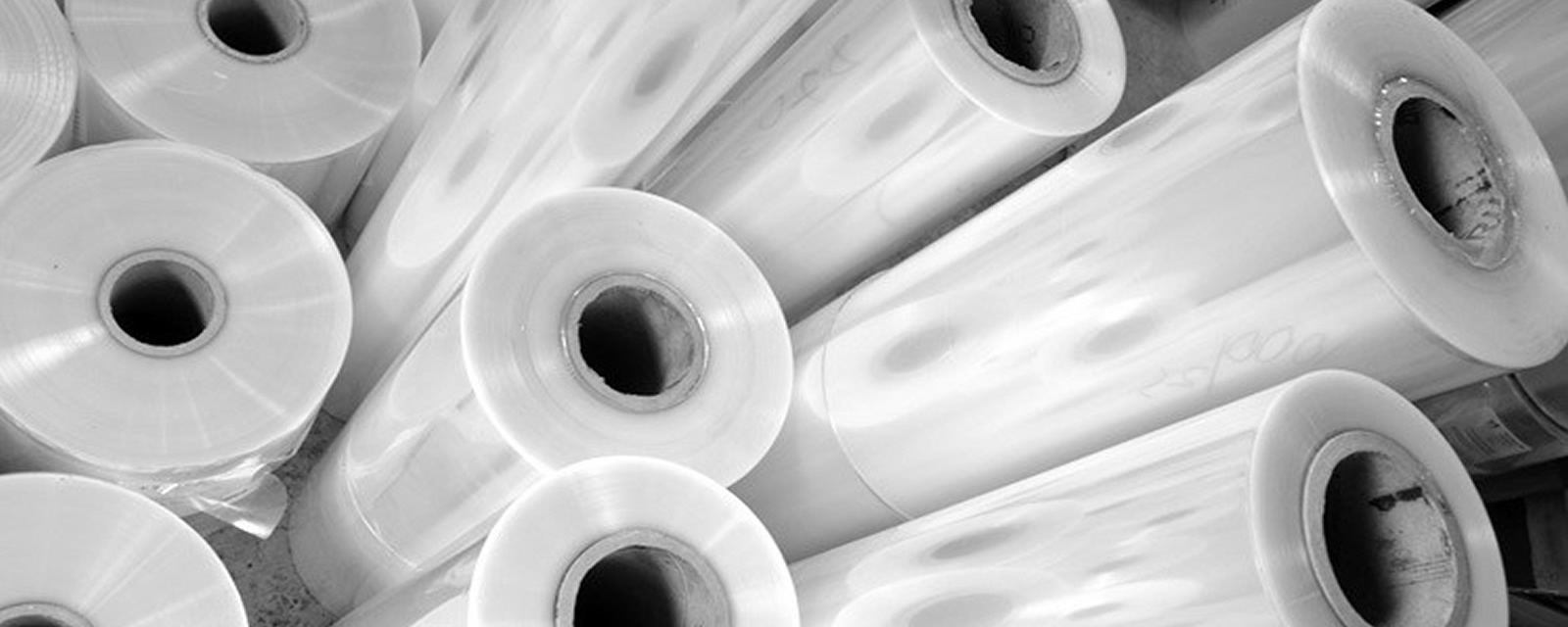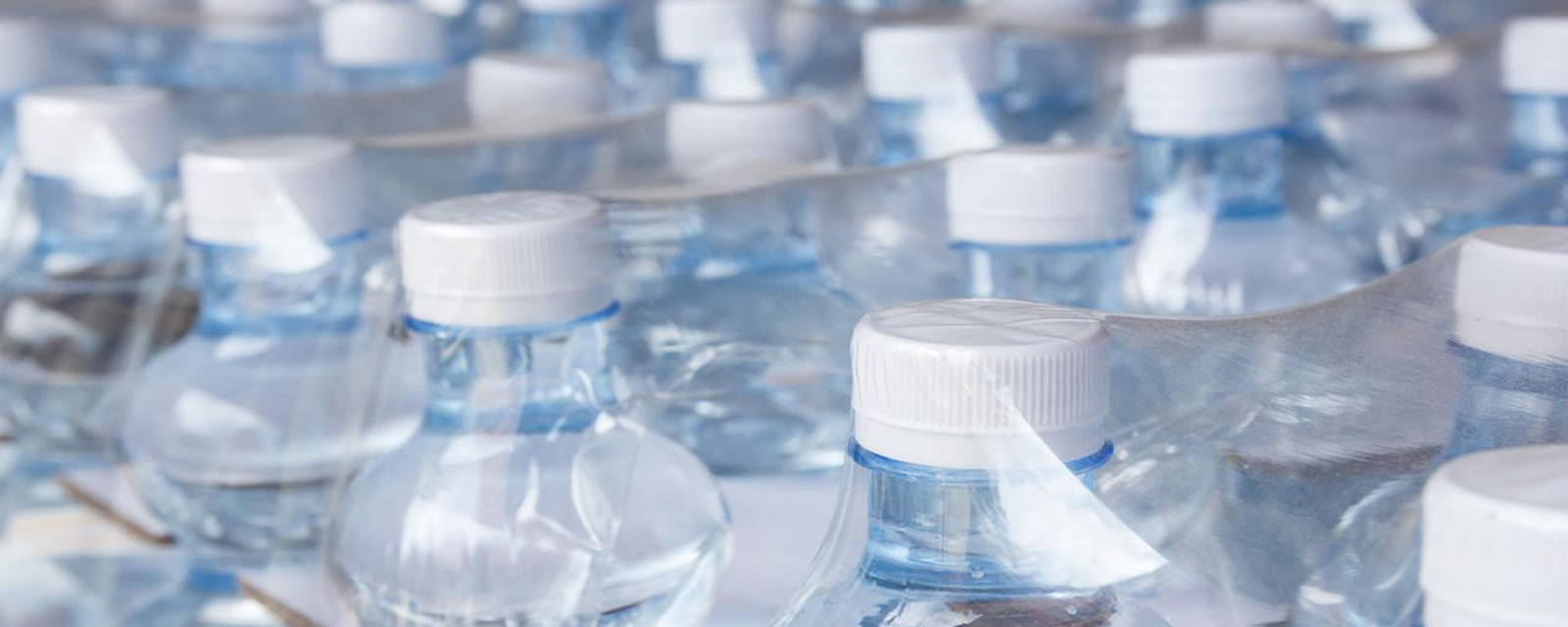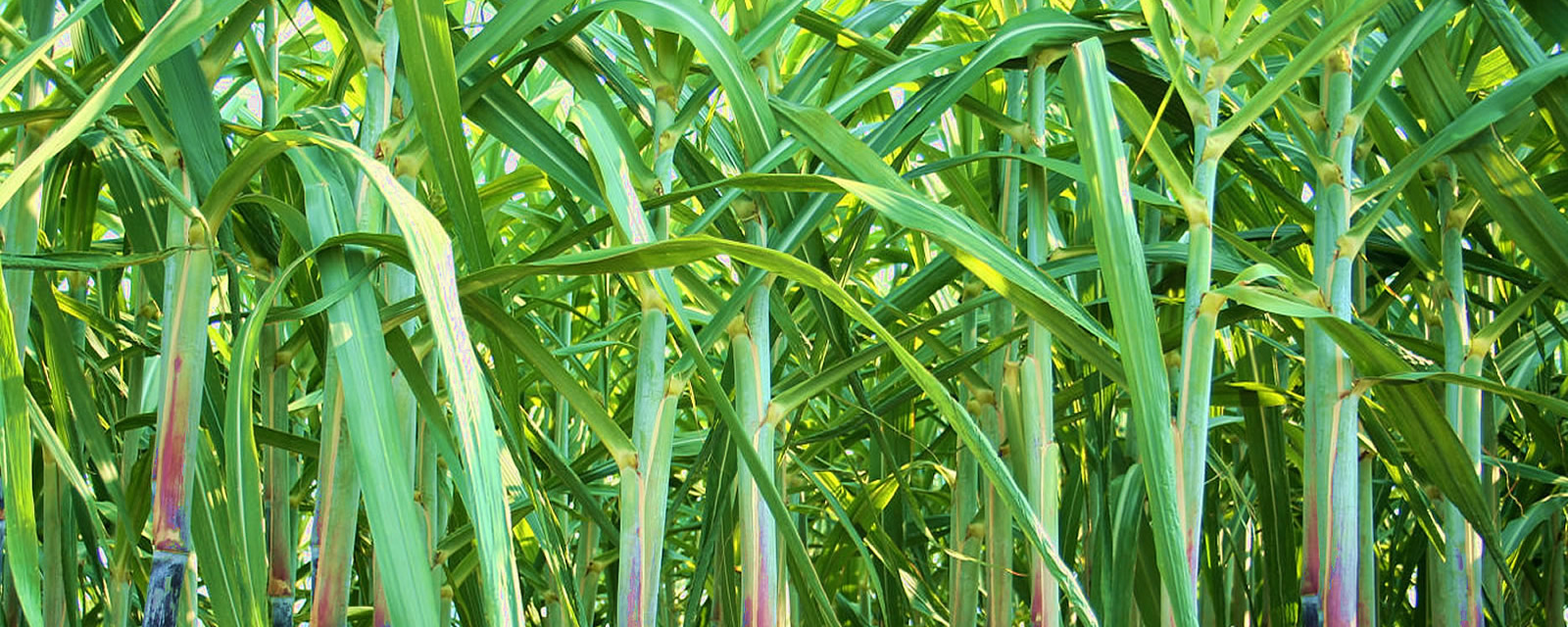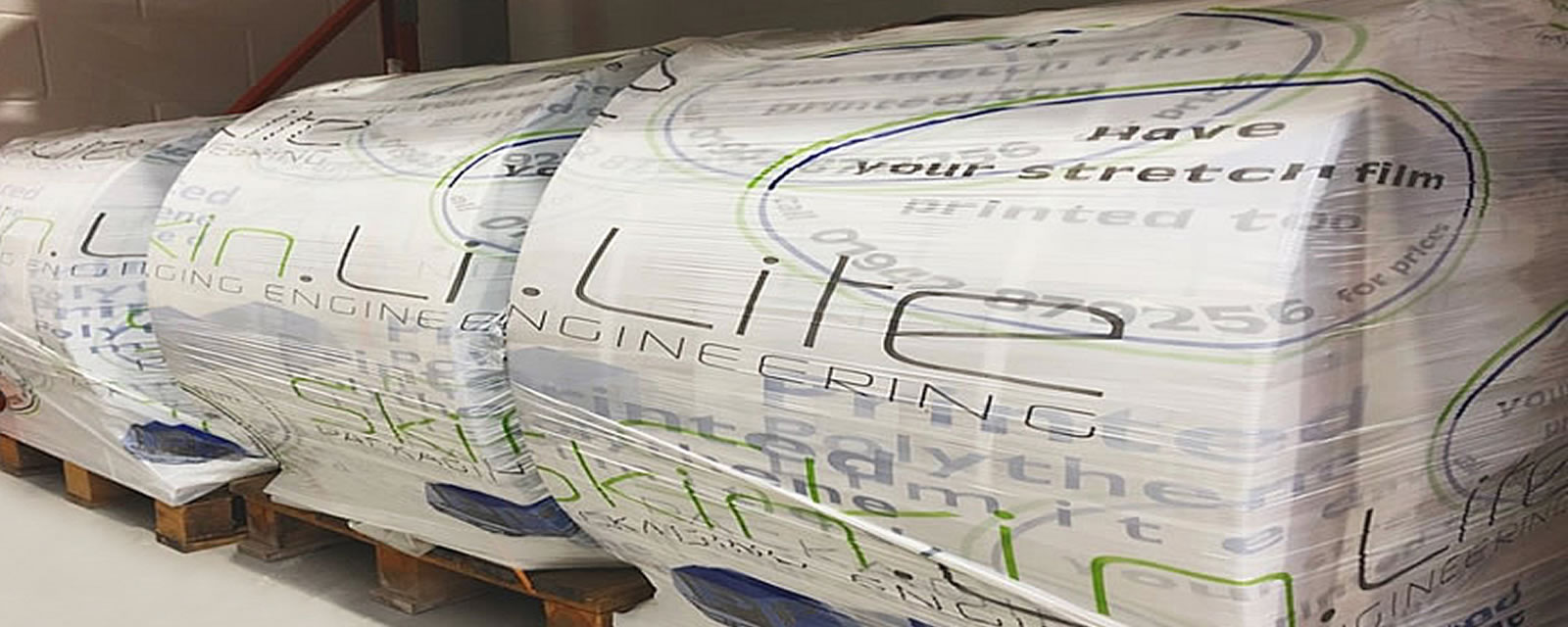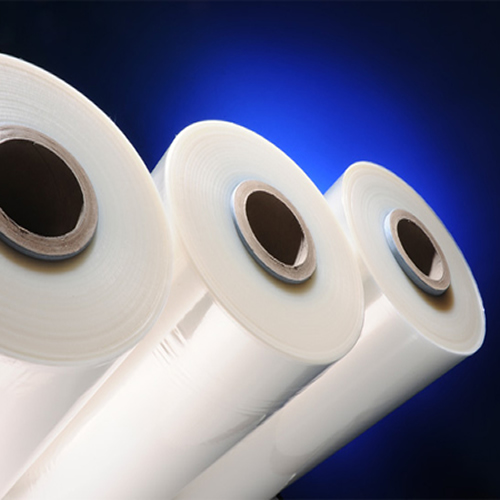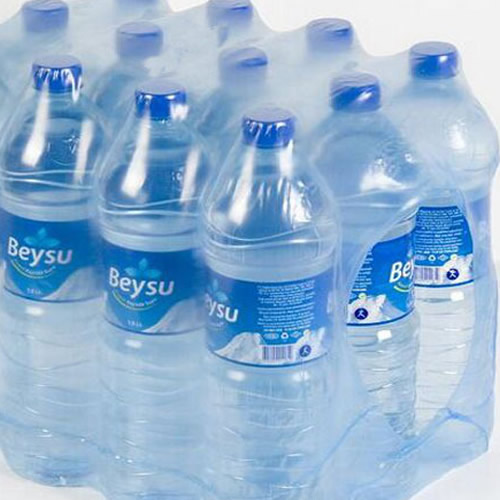Plastics and Sustainability

Plastic and sustainability are two things that seem not to have much in common, according to public opinion. Plastic is considered nowadays as the main offender guilty of all the environmental issues of the last century. By analysing this matter in a more detailed and objective way however, it emerges that replacing plastic with other materials can be far more expensive for the environment.
Plastics have delivered many benefits
for society. They can be
used in a wide range of applications and technologies providing
economic and social advantages: plastic packaged
food lasts longer reducing wastage. Plastic enables life-saving
medical devices such as surgical equipment and drips light and
innovative materials in cars or planes which save fuel and cut
CO2 emissions moreover due to its light weight plastic transportation
implies a reduction of vehicles on the road. Thanks to their versatility
and capacity for innovation plastic materials also are invariably
better suited for supporting innovative sustainable technologies.
The main issue is that the use of plastic in modern society has
enormously increased and so too have the environmental impacts
associated with its production and disposal bringing people to
argue that plastics should be replaced with alternative materials
which may present fewer challenges for our planet. However, recent
studies suggest that a move away from plastics may come
at an even higher environmental cost.
Alternative packaging solutions such as glass or paper are heavier
than plastic so the transport of products would cause a rise in
trucks on the roads which would mean more pollution, more fuel
involved, etc. Plastic packaging can be very thin meaning it uses
fewer resources and takes up less space for transport which in
turn means fewer trucks, trains or planes are needed to transport
it. In the food industry plastic packaging guarantees long product
shelf-life, hygiene and less damages in transportation therefore
helping to reduce food wastage. Plastic packaging is one of the
most important contributors to protecting food from spoiling.
Food waste has a significantly higher environmental impact, particularly
in the form of its carbon footprint, than packaging waste. It
takes considerably more resources to create the food itself and
therefore it makes environmental sense to protect it for as long
as possible so the resources invested in its growth are not invested
in vain.
- Plastics save water, the production of a plastic bags consumes less than 4% of the water needed to make a paper bag.
- Plastics help protect products - products sold loose have been found to suffer from in-store waste in some cases leading to losses of 20%.
- Plastics protects vulnerable products from damage whilst in transit and from contamination or damage by moisture, humidity, gases, microorganisms, insects and light.
- Plastics prevents waste, products kept together and spillages avoided.
- Plastics allows transport over great distances, so that we have access to a wide variety of non-local produce that, in turn, encourages trade. It also saves space through stacking objects which make transporting more efficient.
Compostable or biodegradable material?
Current biodegradable materials require specific
circumstances, such as very high temperatures which are not met
on our streets or in the oceans. In relation to marine litter, the
UN's chief scientist, Jacqueline McGlade said that these materials
are 'well-intentioned but wrong'. Source: The Guardian,
Biodegradable plastic: false solution for ocean waste.
The UN also cautioned that using these materials may actually increase
littering, as consumers would assume that because these materials
would break down overtime it was acceptable to litter them. Source:
UNEP (2015) Biodegradable Plastics and Marine Litter. Misconceptions,
concerns and impacts on marine environments. United Nations Environment
Programme (UNEP), Nairobi.
There are applications where biodegradable compostable products
can offer positive benefits to waste management. Some of these uses
could be for some items in households where home composting facilities
are available such as food waste. If compostable or biodegradable materials
get into the recycling stream they can have detrimental effects rendering the recyclate unusable. The introduction of even the smallest
amount of biodegradable material into the recycling system degrades
the whole process.
Bio degradable bags are made with non renewable plastics, sometimes
with small metals which help it degrade in oxygen and sunlight.
The time it takes for this process to take place under the correct
conditions is about 2-5 years. A landfill site which is where most
end up is generally void of oxygen and light and this make the process
much longer. Also as they degrade they release fossil carbon into
the earths atmosphere which in turn has a negative environmental
impact. It is also unclear what harmful effects the resulting residue
and plastic fragments remaining in the soil and environment will
have after bio-degradation, epecially to wildlife and earth dwelling
species such as worms and insects.
The plastics industry does not want to see any of its products in
the marine environment. This problem is on a global scale, with
many root causes that need to be addressed at all levels from the
individual up to the government and policy. The BPF/ British Plastics
Foundation has created a website marinelitterthefacts.com
to outline important and often overlooked facts surrounding how
marine litter is created, as well as what the industry is doing
to help address the issue.
BRITISH
PLASTICS FEDERATION: Why
plastics are important

It's the way in which we use plastic that needs to be improved:
reducing, re-using, recycling, disposing of and burning it for energy.
PRINTED POLYTHENE HAS ALREADY ACKNOWLEDGED THAT THE MANAGEMENT
OF PLASTIC WASTE IS A GROWING GLOBAL CONCERN AND IT IS ALREADY TAKING
ITS STEPS TO A CIRCULAR ECONOMY. On one hand we are focusing
on the production of films containing recycled materials obtained
from post-industrial and post-consumer waste. On the other hand
the commitment of PRINTEDPOLYTHENE to a more sustainable future
for plastic flexible packaging is put into practice by the development
of materials made using bio-based feedstocks.
